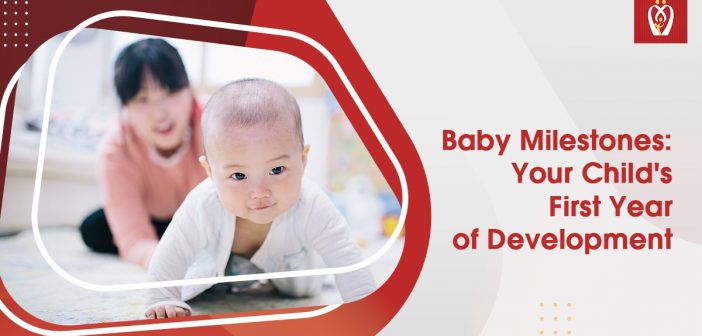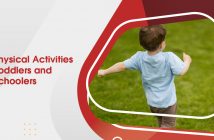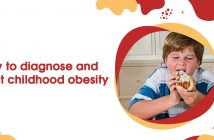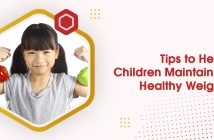The toddler stage brings newfound freedom for your child. There’s a good chance that your child will soon be able to walk on their own. Walking provides an opportunity to explore previously inaccessible locations and to develop one’s sense of self-reliance. The first year of development is most definitely an important and memorable one.
Doctors use developmental milestones to determine whether a child is progressing normally. A broad range of what’s deemed normal means that some youngsters may develop abilities sooner or later than others. Toddlers born prematurely may reach their developmental milestones a little later. Always discuss your child’s development, especially the first of year of development with your doctor.
Here are a few things your toddler might be doing during their first year of development.
First-year of development – Social and emotional development
At the age of one, you’ll begin to notice your baby begin to form relationships with the people around him.
- When they want to hear a tale, they will hand you a book.
- Might cry when parents leave.
- Is shy around new people.
- He’ll assist you to put on your clothes by extending an arm or leg.
- Has favourite things to play with.
- Might make repetitive noises to draw your attention away from other activities.
Quick suggestions
- Play social games with him, such as concealing something and persuading him to locate it, to keep him entertained.
- Put his leg out and stand up so he may assist in the process of getting clothed.
First year of development – Movement and physical development
- holds cubes or blocks with both hands and bangs them together
- stands alone
- walks with one handheld and may even be able to walk alone at times
- places items in and out of storage bins
- uses thumb and forefinger to pick up items accurately
- might use hands during meals to transfer food to the mouth in little bits
First year of development – Cognitive development
Your child’s cognitive milestones are the methods he or she grows to think, explore, learn, and solve new issues. Babies that are 12 to 24 months old are likely to:
Know the utilisation of daily essentials like a toothbrush, a phone or a spoon.
Follow basic directions like ‘sit down’, ‘blow me a kiss’
Start to pretend to play with his toys.
Point to their own head, eyes, ears, nose, or mouth to demonstrate their point.
Make a link between what you say and what you see in a book by using words and pictures together.
React to music and tales that they’ve heard before.
Observe what occurs when they drop a cup on the floor and see what happens.
First year of development – Language and communication development
Waving and saying “mama” and “dada”
Rather than babbling, their utterances sound like they are speaking.
Responds to the most basic of your demands.
The more you speak, the more they will want to mimic what you say.
Quick suggestions
Teach your child to say “hello” and “goodbye” when you meet someone new. Your toddler’s socio-emotional development may be aided by praising them when they do so.
When your child mimics words or attempts to communicate with others, reward them for their efforts.
Encourage them to point to characters and objects when you read to them.
First year of development – Food and nutrition development
Indulges in a wider range of meals, including soft-cooked vegetables and soft fruits.\
They are getting the hang of eating on their own for the first time.
They are able to eat their meal fully.
They are becoming better at using an open cup.
Quick suggestions
Four to five times each day, feed your kid half a cup of meals and two nutritious snacks.
As long as they want to nurse, you should let them.
Remember that children grow at various speeds and not every child’s first year of development is the same. Some of these developmental milestones may be reached sooner or later depending on your child and the environment around them. However, there are indicators that progress may be slowing down. Consult your GP if they:
shuffle awkwardly or with a limp.
fall forward quite often, rather than backwards.
does not eat and cannot pick up a little thing (such as a raisin)
does not aim at anything in particular
abstaining from speaking in consonant tones (“ba, da, ga”)
Also, if you observe that your kid is losing abilities or showing signs of weakness on one side of the body, notify your GP immediately.
The NHS Red Book has been digitally reimagined with a slew of useful capabilities in the Nurturey Pink Book app. Keeping track of both your pregnancy and your newborn is now easier than ever before! Take a look at the app now!







